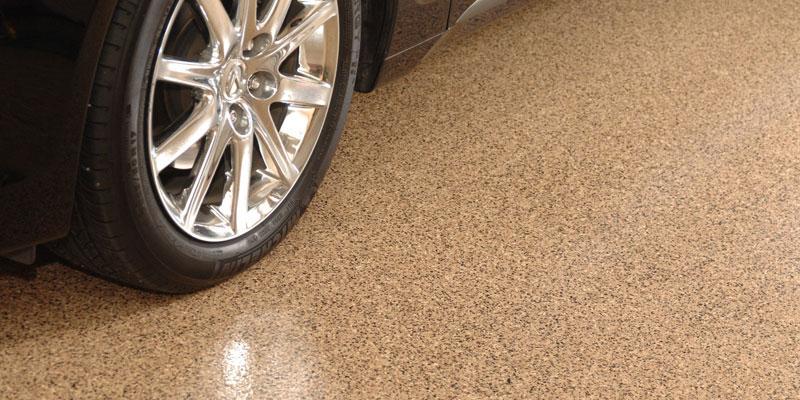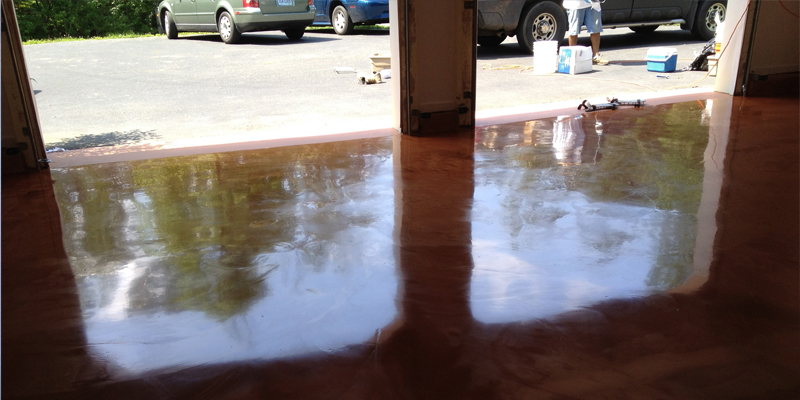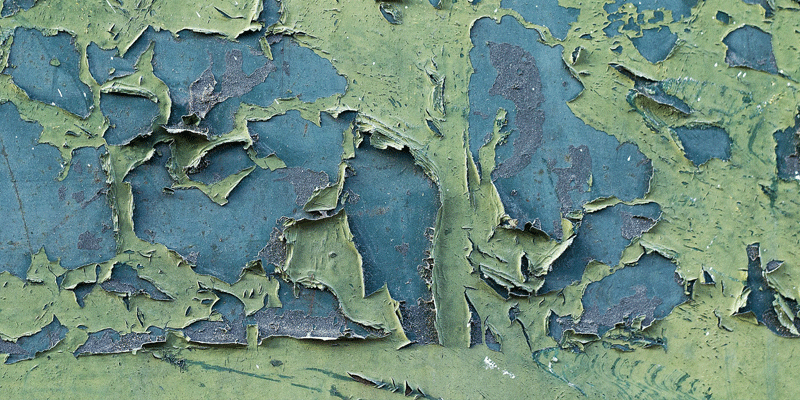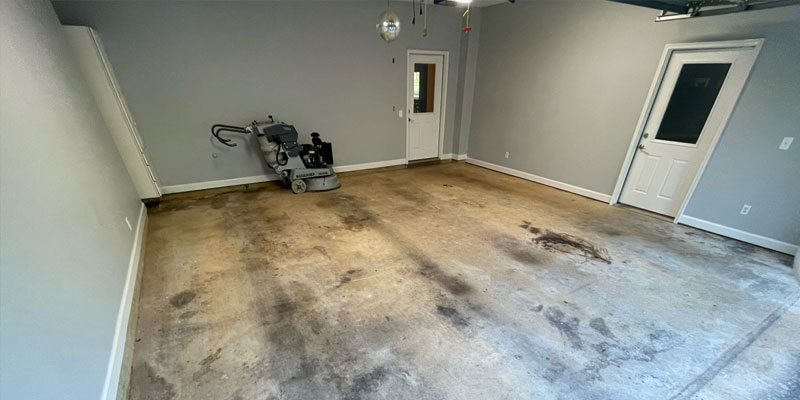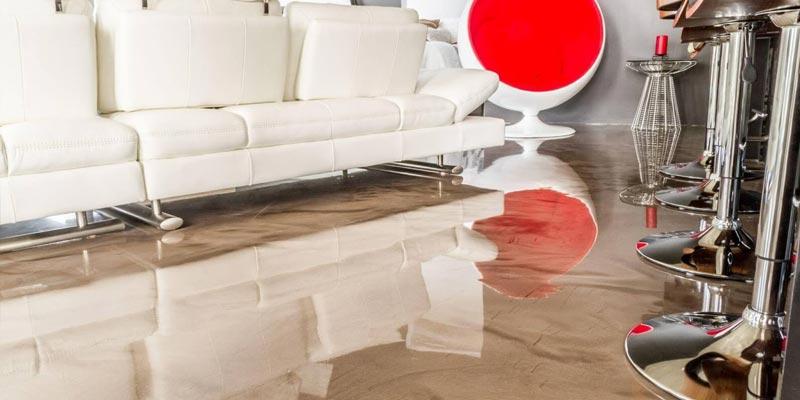Is Epoxy Right For Your Basement? Learn the Facts
Is Epoxy Right For Your Basement? Learn the Facts
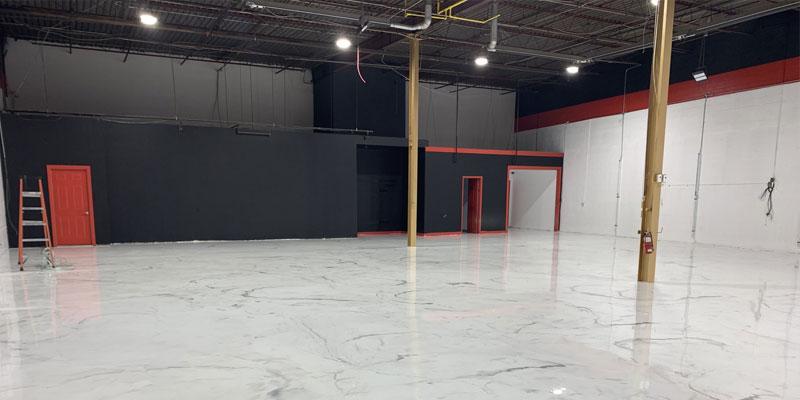
If you’ve ever considered an epoxy floor for your basement, you may be wondering if it’s the right choice. Epoxy is a solid and durable material that can provide many benefits for your basement floor. Here are some facts about epoxy floors that may help you decide if it’s right for your home.
What is Epoxy?
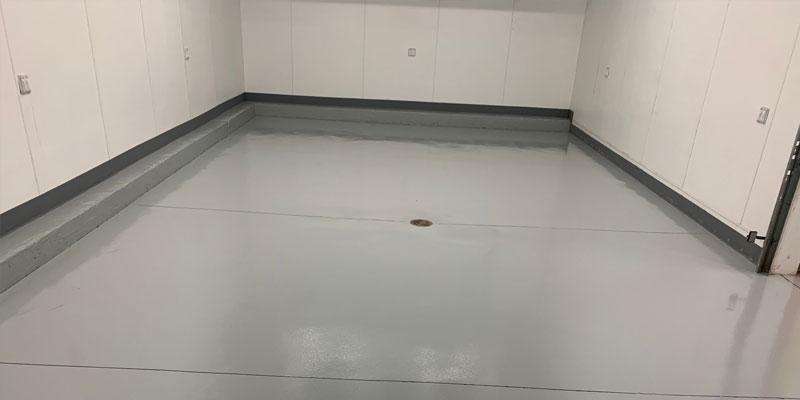
Epoxy is a type of resin used in many industrial and commercial applications. It is often used as a sealant or adhesive but can also be used as a coating. When used as a coating, epoxy creates a hard, durable surface resistant to many chemicals and wear and tear.
This type of surface is ideal for many home areas, including the basement. The basement is often one of the most neglected areas for flooring. It’s usually seen as a space for storage or laundry and not much else. However, with the right flooring, your basement can become a functional and stylish space in your home.
Why Choose Epoxy for Your Basement Floor?
There are many reasons to choose epoxy for your basement floor. Here are some of the top benefits:
1. Durability
One of the biggest advantages of epoxy floors is their durability. This type of surface can withstand heavy foot traffic and resist many common household chemicals. Epoxy is also resistant to staining, making it easy to keep your floor looking new.
2. Easy Maintenance
Another benefit of epoxy floors is that they are easy to maintain. This surface type is non-porous, so spills and stains can be easily wiped up. Epoxy floors also don’t require regular stripping and waxing like other types of flooring.
3. Enhanced Style
In addition to being durable and easy to maintain, epoxy floors can also enhance the style of your basement. With a wide range of colors and finishes available, you can create a unique look for your space. Epoxy floors can also mimic the look of other materials, such as stone or wood.
4. Increased Value
Installing an epoxy floor in your basement can also increase the value of your home. This type of flooring is becoming increasingly popular, so adding it to your basement can make your home more attractive to potential buyers.
5. Improved Air Quality
Epoxy floors can also improve the air quality in your basement by sealing off the concrete beneath. Concrete is a porous material that can absorb moisture and pollutants from the air. By sealing it with epoxy, you can create a barrier that helps to keep your basement air clean and free from allergens and other irritants.
Types of Basement Epoxy Coatings
There are two main types of epoxy coatings: 100% solids and water-based.
100% solids epoxy coatings are the most durable and provide the best protection for your basement floor. However, they can be more difficult to apply and require special ventilation during the curing process.
Water-based epoxy coatings are easier to apply and don’t require special ventilation. However, they are not as durable as 100% solids epoxies and may not provide the same level of protection for your basement floor.
Where Else is Epoxy Installed?
Other than residential basements, epoxy floors are also commonly installed in:
1. Commercial Kitchens
2. Food and Beverage Processing Plants
3. Retail Stores
4. Warehouses
5. Auto Dealerships
6. Garages
7. Airplane Hangers
8. Manufacturing Plants
9. Hospitals
10. School Gymnasiums
DIY vs. Professional Installation
You can install epoxy flooring yourself, but it’s not always the best idea. If you don’t have experience working with this type of material, it’s easy to make mistakes that can ruin your floor or cause health hazards. It’s also important to make sure you have the proper ventilation for a 100% solids epoxy coating.
For these reasons, it’s usually best to leave epoxy floor installation to the professionals. A professional installer will have the experience and expertise to get the job done right. They will also have the proper ventilation and safety equipment for 100% solids epoxy coatings.
If you’re considering an epoxy floor for your basement, contact a local flooring contractor to discuss your options. They can help you choose the right type of epoxy coating for your space and budget and provide a free estimate for the installation.
Frequently Asked Questions About Basement Epoxy Flooring
1. What is epoxy?
Epoxy is a type of resin that can be used to create a variety of different products. It’s often used in flooring because it’s durable and easy to maintain.
2. Why is epoxy a good choice for basements?
Epoxy is a good choice for basements because it’s durable, easy to maintain, and can resist many common household chemicals. It’s also available in a variety of colors and finishes, so you can create a unique look for your space.
3. What are the types of basement epoxy coatings?
There are two main types of basement epoxy coatings: 100% solids and water-based. 100% solids epoxy coatings are the most durable and provide the best protection for your basement floor. However, they can be more difficult to apply and require special ventilation during the curing process. Water-based epoxy coatings are easier to apply and don’t require special ventilation. However, they are not as durable as 100% solids epoxies and may not provide the same level of protection for your basement floor.
4. Should I install my own epoxy floor?
You can install epoxy flooring yourself, but it’s not always the best idea. If you don’t have experience working with this type of material, it’s easy to make mistakes that can ruin your floor or cause health hazards. It’s also important to make sure you have the proper ventilation for a 100% solids epoxy coating. For these reasons, it’s usually best to leave epoxy floor installation to the professionals.
5. How much does an epoxy floor cost?
The cost of an epoxy floor varies depending on the type of coating, the size of your space, and whether you choose to do a DIY or professional installation. However, you can expect to spend anywhere from $2 to $5 per square foot for materials and labor.
6. How long does it take to install an epoxy floor?
The installation time for an epoxy floor varies depending on the size of your space and the type of coating you choose. However, most projects can be completed in one to two days.
7. How do I care for my epoxy floor?
Epoxy floors are easy to maintain and only require regular sweeping and mopping. You can also use a wet vacuum to clean up spills. For more stubborn stains, you can use a mild detergent or special epoxy floor cleaner.
8. Will an epoxy floor increase the value of my home?
An epoxy floor can add both beauty and value to your home. However, the return on investment will vary depending on the type of coating you choose and the condition of your basement.
9. Are there any health risks associated with epoxy floors?
When installed properly, epoxy floors are safe for both people and pets. However, 100% solids epoxy coatings release fumes that can be harmful if inhaled during the curing process. For this reason, it’s important to make sure you have proper ventilation when working with this type of material.
10. Can I install an epoxy floor over my existing floor?
In most cases, yes. However, it’s important to consult with a professional before proceeding. They can assess your existing floor and ensure that it’s compatible with the epoxy coating.

